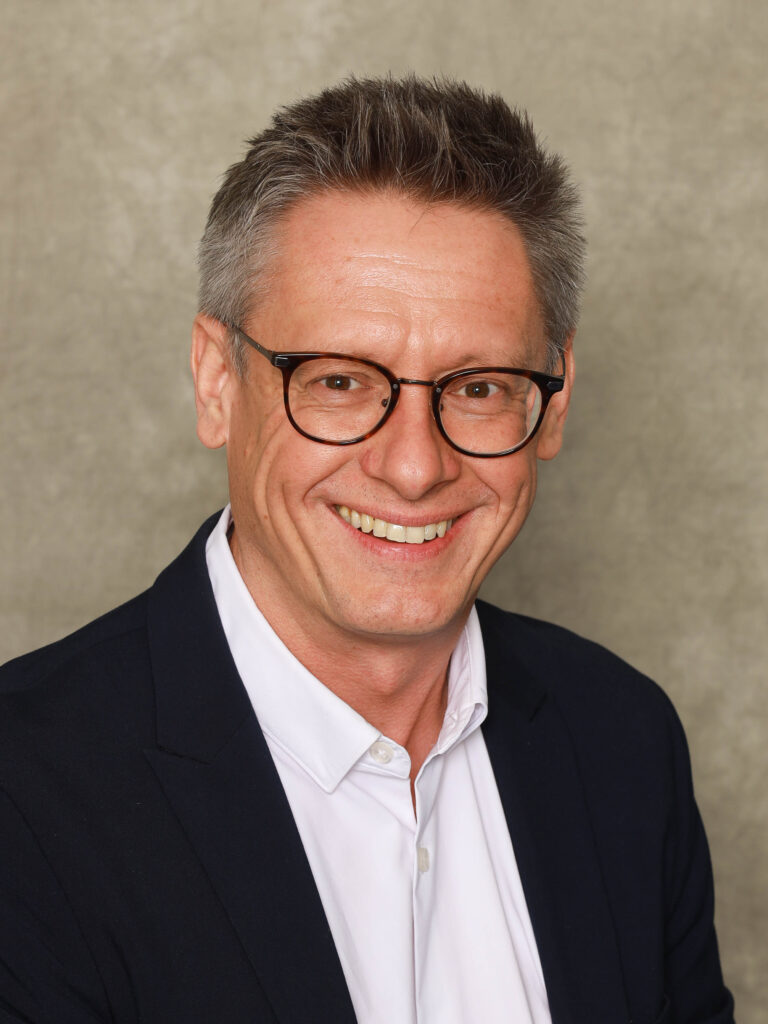Pedagogy
Our mission statement and concept
As a state-approved primary school, we teach according to the Berlin framework curriculum. What makes us special is not the learning content, but the pedagogical approach. Our pedagogical team has formulated our mission statement in 9 guiding principles:
| 1. | Every child is unique, with their own needs, interests and requirements, which we see and acknowledge. |
| 2. | Our students have a natural desire to learn and are intrinsically motivated. |
| 3. | Development is the work of the child, according to Maria Montessori he is the “master builder of himself”. |
| 4. | Our care of the child should not be determined by the desire to make him learn, but by the desire to develop his mind. |
| 5. | We accompany the children with respect and understanding so that they can develop their personality and their potential. |
| 6. | Based on our close observation of the child, we tirelessly offer the appropriate developmental material – according to Maria Montessori, the “keys to the world”. |
| 7. | Our learning environment allows free work: that means free choice of the work object / material, the workplace (open doors) and the time (when and how long within the given framework). |
| 8. | Freedom includes boundaries: With uniform and transparent rules for all, we enable an atmosphere in which children and teachers feel comfortable and support respectful interaction with other people and the material. |
| 9. | We guarantee a prepared environment: this includes inviting rooms, comprehensive pedagogical development material and we as prepared, specially trained pedagogues. |
How we recognise that we fill these guiding principles with life and how we organise everyday school life in accordance with these principles has been compiled in the school concept, which you can download [here].
Reformed educator Maria Montessori

Maria Montessori was born in 1870 in Italy and died in 1952 in Noordwijk aan Zee (Netherlands). She was the first woman in Italy to earn a doctorate in medicine and worked as a young assistant doctor with mentally handicapped children. In doing so, she recognised the paramount importance of motor skills and sensory activity for the child’s mental development.
The central points of her pedagogy are her holistic educational concept and her basic attitude towards the child. The adult is the child’s companion in its development. Montessori believed in the hidden and creative powers in the child.
In her search for suitable developmental material, she was guided by the preliminary work of the French doctors Itard and Séguin, who had developed didactic material for children with intelligence deficiencies. In long systematic experiments, new material was designed and tested in practice.
The first Montessori children’s house was founded in Rome in 1907. Today there are many children’s houses and schools in almost all countries of the world. Montessori education is scientifically recognised and is reflected in numerous learning plans.
At the centre of their pedagogical concept is the child, who is self-active within freedom and limits, following his or her inner blueprint through freely chosen activities with appropriate didactic development materials.
Maria Montessori developed models in which the child’s interest and attention for its own activity can be awakened and maintained. The material she developed plays an important role in this. It does not have a determining but a serving function for “opening up the world”.
If you would like to delve deeper into Maria Montessori and her educational theory, we recommend further reading:
- The Self-Education of the Child in Primary School, Volumes 1&2
Harald Ludwig
published 2022 - Questions for Maria Montessori
M. Klein Landeck
published 2015 - Das kreative Kind
M. Montessori - Maria Montessori, Little People, Big Dreams.
German edition
Maria Isabel Sanchez Vegara
2019

Alexander Delport, Headmaster
If we want our children and young people to learn for life at school, then one thing has to be right at school: The emotional atmosphere for learning. Free work offers the best conditions for children and young people to learn at their own pace, guided by their interests.
